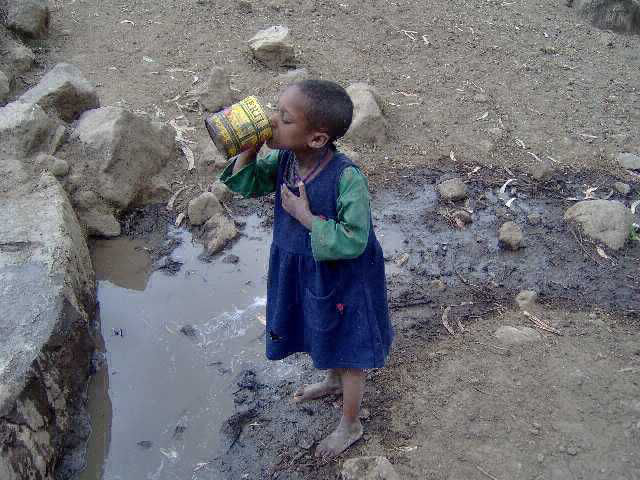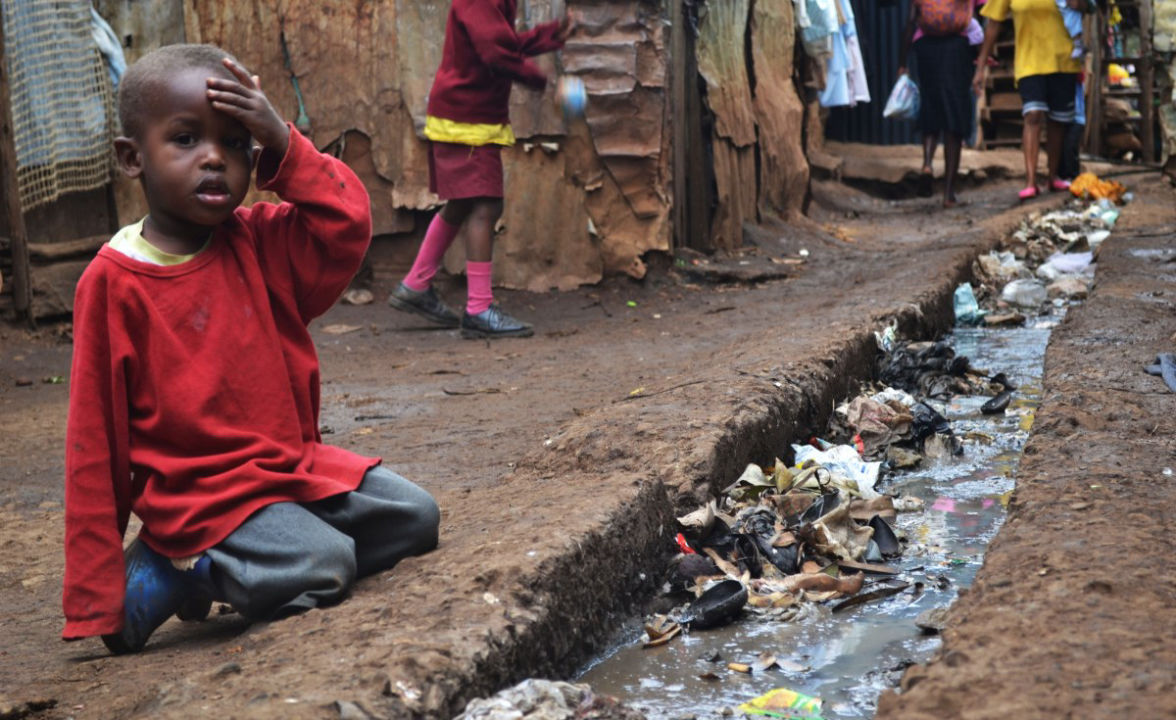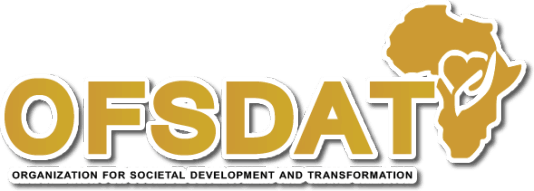
Most overseas development aid goes to countries that are already doing well, and while water and sanitation access is far behind in rural areas, both external and domestic funding goes primarily to urban systems. Underprivileged urban populations end up spending much more money on water, while wealthy people living in urban areas pay less for cleaner water and better sanitation systems.
The lack of water is an often insurmountable obstacle to helping oneself. You can't grow food, you can't build housing, you can't stay healthy, you can't stay in school and you can't keep working.
Without clean water, the possibility of breaking out of the cycle of poverty is incredibly slim.
For women and children especially, this crisis is real. It effects every minute of the day.
With unclean water sources often miles from villages, many of the able-bodied members of a community are forced to spend hours each day simply finding and transporting water. The typical container used for water collection in Africa, the jerry can, weighs over 40 pounds when it's completely full.
Imagine how demanding it would be to carry the equivalent of a 5-year-old child for three hours out of each day. And some women carry even more, up to 70 pounds in a barrel carried on the back.
Our goal is to bring clean, sustainable water supplies to within a 1km (1/2 mile) of a village. By doing so, communities can be freed to begin working themselves out of poverty.
When you give to help build a well, you'll make sustainable agriculture possible. You will allow children to get back to school instead of collecting dirty water all day.
You'll help fathers find more time to care for their family, maintain a farm, and even run a small business.

